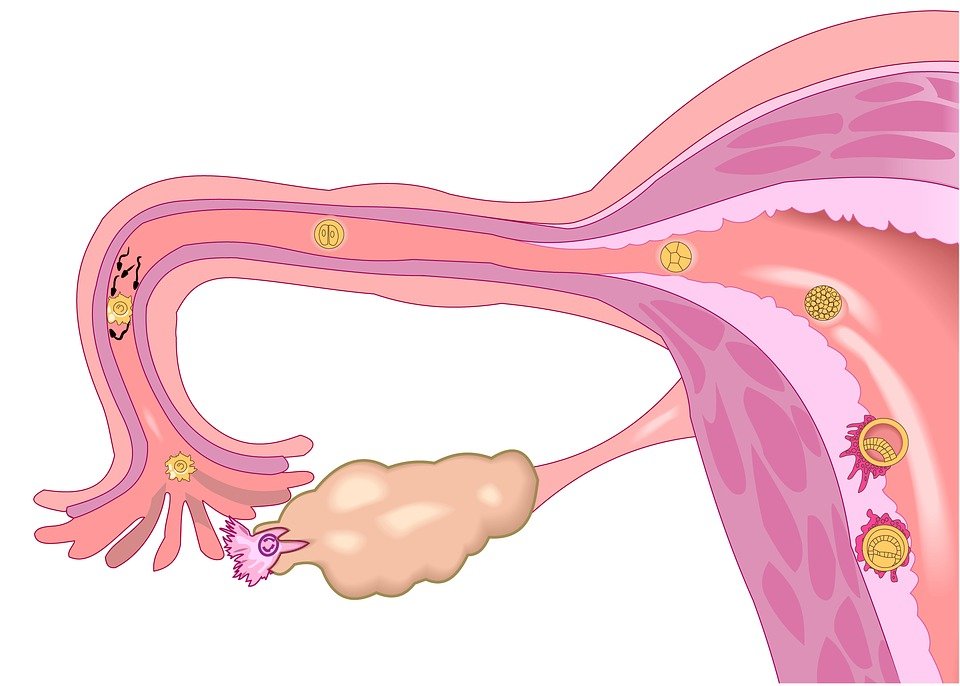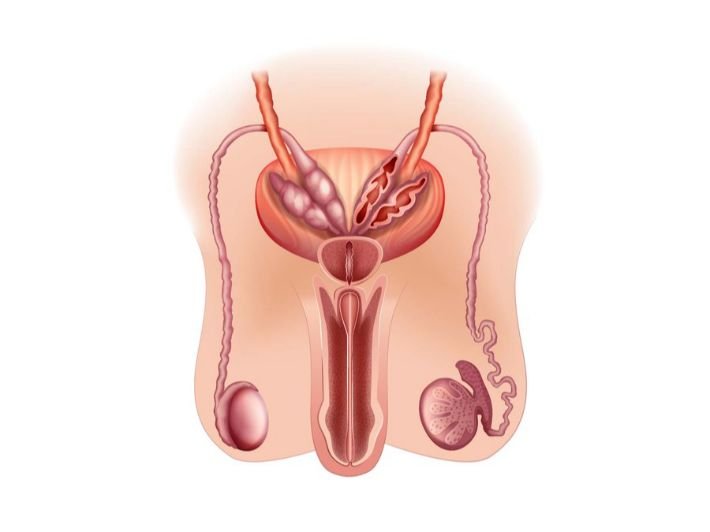Infertility is a common yet often misunderstood condition affecting millions of people worldwide. It can be emotionally taxing, but understanding the symptoms of infertility is the first step in finding solutions. Infertility symptoms vary between men and women, and recognizing them early can lead to better outcomes for individuals and couples. In this article, we will explore the common signs of infertility, how they differ between genders, and when it’s crucial to seek professional help.
What is Infertility?
Infertility is defined as the inability to conceive after one year of regular, unprotected sex. In women under 35, this is typically after 12 months of trying to conceive. For women over 35, infertility may be diagnosed after six months of unsuccessful attempts. Infertility can be caused by several factors, including hormonal imbalances, structural issues, age, and lifestyle choices, among others. However, recognizing the symptoms of infertility early can help individuals and couples receive proper treatment sooner.

Infertility Symptoms in Women
For women, infertility symptoms can be subtle and often overlap with other conditions, making it challenging to pinpoint. However, being aware of the following key signs can help women understand if they might be experiencing infertility:
1. Irregular Menstrual Cycles
One of the most common signs of infertility in women is irregular menstrual cycles. A healthy menstrual cycle typically ranges from 21 to 35 days. If your cycles are longer or shorter than this range, or if they are unpredictable, it could be a sign of underlying issues like polycystic ovary syndrome (PCOS) or hormonal imbalances, both of which can affect fertility.
2. Painful Periods
While some discomfort during menstruation is normal, severe pain can be indicative of a deeper issue, such as endometriosis. Endometriosis is a condition in which tissue similar to the lining of the uterus grows outside of the uterus, often causing pain, heavy bleeding, and difficulty conceiving.
3. Difficulty Maintaining a Healthy Weight
Women struggling with infertility may experience unexplained weight gain or loss. Conditions such as PCOS can lead to insulin resistance, causing weight issues that affect ovulation. Maintaining a healthy weight is crucial for fertility, as extreme weight loss or gain can disrupt hormone levels.
4. Painful Intercourse
Pain during intercourse, also known as dyspareunia, can be another indicator of infertility. This discomfort can be caused by conditions such as fibroids or pelvic inflammatory disease (PID), both of which can impact fertility. If pain persists, it’s essential to consult a healthcare provider.
5. Excessive Facial or Body Hair
Excessive hair growth on the face or body, known as hirsutism, can be a sign of hormonal imbalance, particularly due to PCOS. This condition causes the ovaries to produce more male hormones (androgens), leading to infertility and other symptoms like irregular periods and acne.
6. Unexplained Fatigue
Chronic fatigue can be a subtle symptom of infertility. Hormonal imbalances, such as those seen in thyroid disorders or PCOS, can cause fatigue. If you’re constantly tired despite getting enough rest, it might be worth discussing with a doctor, especially if you’re also experiencing other signs of infertility.
7. Abnormal Cervical Mucus
Cervical mucus changes throughout a woman’s menstrual cycle. If you notice that your cervical mucus is consistently absent, thick, or does not change during ovulation, it could be a sign that there are issues with ovulation or that the cervical mucus itself is not conducive to sperm survival.
8. History of Miscarriages
Repeated miscarriages, especially those occurring in the first trimester, can indicate an underlying fertility problem. This can be caused by genetic issues, hormonal imbalances, or uterine problems that affect a woman’s ability to maintain a pregnancy.

Infertility Symptoms in Men
Infertility symptoms in men can sometimes be more difficult to recognize, as many symptoms are not as immediately noticeable as they are in women. However, men should be aware of the following signs that may indicate infertility:
1. Low Sperm Count
One of the most common causes of male infertility is low sperm count. A sperm count that is lower than 15 million sperm per milliliter of semen is considered low and can make it difficult to conceive. However, having a low sperm count doesn’t always mean infertility, as other factors like sperm motility and morphology also play a role.
2. Decreased Sexual Desire
A reduced libido may be a sign of hormonal imbalances, particularly low testosterone levels. If you’re experiencing a decrease in sexual desire, it could be an indication of infertility-related factors, such as issues with hormones or emotional stress.
3. Erectile Dysfunction
Erectile dysfunction (ED) can make it difficult or impossible for a man to achieve or maintain an erection sufficient for intercourse. ED can be caused by various factors, including hormonal imbalances, stress, or physical issues like diabetes, which can also affect sperm production.
4. Pain, Swelling, or Lumps in the Testicles
Pain, swelling, or the presence of lumps in the testicles can be a sign of testicular issues, such as varicocele (enlarged veins in the scrotum) or infections. Testicular problems can reduce sperm production, impacting fertility.
5. Abnormal Ejaculation
Issues with ejaculation, such as a lack of semen or retrograde ejaculation (semen entering the bladder instead of exiting through the penis), can be caused by several factors, including diabetes, nerve damage, or medications. These conditions can affect fertility.
6. Low Sperm Motility or Abnormal Sperm Shape
In addition to a low sperm count, poor sperm motility (the ability of sperm to move) and abnormal sperm shape (morphology) can contribute to infertility in men. These issues can make it difficult for sperm to reach and fertilize an egg.
When Should You Seek Help?
Infertility can be an emotionally and physically challenging experience, and it can take a toll on relationships and mental health. It’s important to know when to seek help. If you and your partner have been trying to conceive for over a year (or six months if the woman is over 35), it’s time to consult a fertility specialist.
Moreover, if you experience any of the symptoms mentioned above, it’s essential to seek medical advice sooner. Early intervention can help identify the root cause of infertility, whether it’s hormonal imbalances, physical blockages, or other health conditions. A fertility doctor can provide a thorough evaluation, perform tests, and offer treatment options tailored to your specific needs.
Conclusion
Infertility is a complex condition that affects both men and women, with symptoms ranging from irregular periods to low sperm count. Recognizing the signs of infertility early on is crucial for getting the right treatment and improving your chances of conception. If you suspect infertility, it’s important to consult with a healthcare provider who can guide you through the diagnostic process and recommend effective treatment options.
By understanding the symptoms of infertility and seeking help when necessary, you can take control of your reproductive health and make informed decisions about your future. Whether you’re experiencing symptoms yourself or supporting a loved one, remember that infertility is common, and help is available.